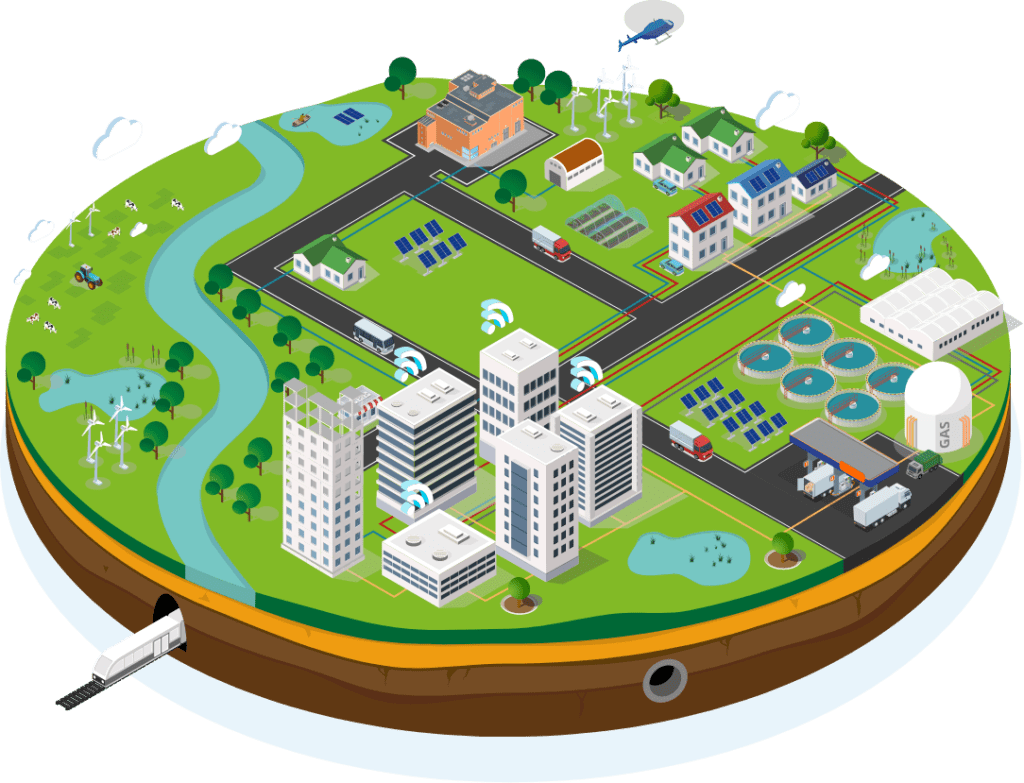The water industry is on the frontline of climate change. Every year we witness the devastating impacts of extreme weather patterns, with more frequent periods of drought, hot weather, heavy rainfall, and flooding.
World Water Day was observed this week, with the UK industry encouraging water and wastewater service providers to secure net zero commitments ahead of COP26 in November. There are some obvious technologies and initiatives that will be needed to unlock a net zero water supply, like consideration of transport, logistics, and energy consumption, which represent a significant contribution of carbon emissions. Beyond this, water companies are responsible for almost one third of industrial process and waste management emissions as part of ensuring that water supply is safe to consume, and wastewater is treated before being returned to the environment.
In the UK alone, we expect to see a shortfall of 3.4 billion litres of water a day by 2050 due to climate change and population growth. The global greenhouse gas emissions of water utilities (2%) is set to double by 2040 as demand for ever more scare water supplies drives reliance on energy-intensive sources of water and more treatment.
Routemap 2030
Last year, the UK water industry was the first sector in the world to publish a comprehensive industry-wide plan to achieve net zero operational emissions by 2030, having almost halved operational emissions since 2011 with the low-hanging fruit. However, water companies can’t achieve this ambitious commitment alone.
Many initiatives will need to strive for efficiency in wastewater processes and energy use, reducing emissions from pumping, treatment, maintenance, and transport. Innovative solutions are already being deployed in sustainable drainage systems, renewable electricity, and managing leakage, with plans to develop biomethane into a grid-ready fuel. More preventative approaches aim to work closely with farmers and landowners to address pollution at source rather than relying on carbon intensive water treatment processes.
Global ecosystem
At a time of significant change in the energy, water, telecoms and built environment sectors, 618 Insight works with clients to adapt and innovate for a smarter, carbon neutral world.
Consumers are becoming more engaged with utilities and the demands for transparency are just as vital as demonstrating achievement of net zero emissions. An industry-wide commitment as bold as this will inevitably expose the UK water industry as being reputationally as strong as its weakest link. If stakeholders and customers are to contribute to this target, they must believe in the legitimacy and credibility of the performance of water and wastewater service providers, which has been challenged in the past.
Organisations across all sectors need to understand the global ecosystem of water and the business opportunities that exist in this space. Managing water consumption is also required for embedded water outside of water utilities. Decarbonising water is broader than water and wastewater services and we must ensure this component is incorporated in other industry net zero commitments.
How can the water sector ensure consistency and legitimacy in the transition to net zero operational emissions?

